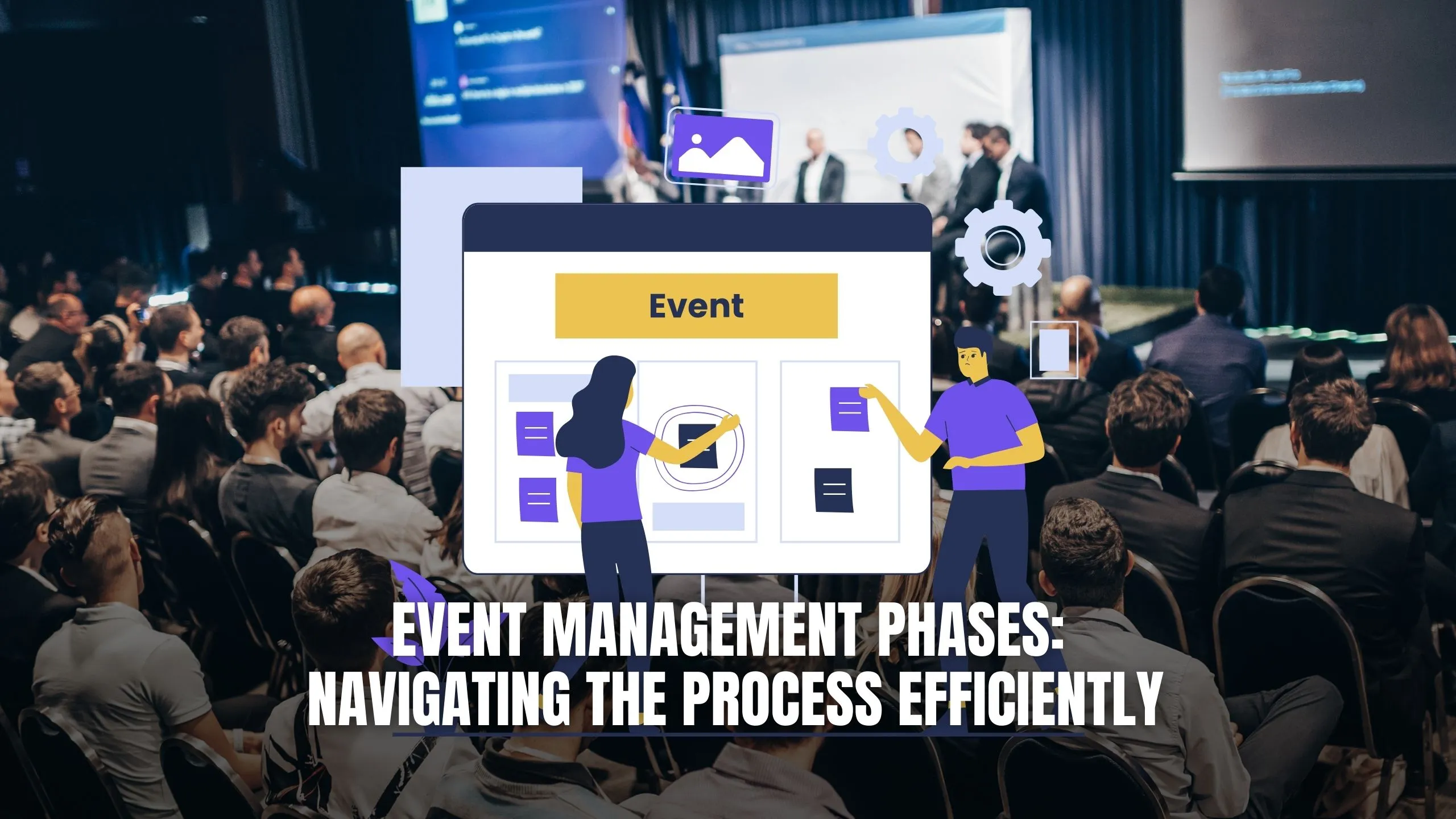Event Management Phases: Navigating the Process Efficiently


Event Management Phases: Navigating the Process Efficiently
Event management encompasses several phases, each crucial for ensuring a successful outcome. From initial planning to post-event evaluation, efficiently navigating through these phases is essential. Let’s explore the key phases of event management and strategies for streamlining the process.
1. Pre-Event Planning
The pre-event planning phase lays the foundation for a successful event. It involves defining objectives, setting budgets, selecting venues, and outlining event timelines. Utilizing project management software like Asana or Trello can streamline collaboration, task assignment, and deadline tracking, ensuring all aspects are meticulously planned.
2. Event Execution
During the event execution phase, all the planning comes to life. This phase includes tasks such as setting up the venue, managing vendors, coordinating with speakers, and overseeing attendee registration. Event management platforms like Eventbrite or Cvent simplify attendee registration, ticketing, and onsite check-in processes, enhancing efficiency and attendee experience.
3. Post-Event Evaluation
After the event concludes, it’s crucial to evaluate its success and gather feedback for future improvements. This phase involves analyzing attendee feedback, assessing event metrics, and identifying areas for enhancement. Tools like SurveyMonkey or Google Forms facilitate post-event surveys, enabling organizers to collect valuable insights and measure event ROI effectively.
4. Marketing and Promotion
Effective marketing and promotion are vital for attracting attendees and generating excitement around the event. This phase involves creating promotional materials, leveraging social media platforms, and executing email campaigns. Marketing automation tools like Mailchimp or HubSpot Marketing Hub enable personalized outreach, audience segmentation, and performance tracking, optimizing marketing efforts.
5. Budget Management
Managing event budgets efficiently ensures that resources are allocated effectively to achieve desired outcomes. This phase involves tracking expenses, negotiating contracts, and identifying cost-saving opportunities. Financial management tools like QuickBooks Online or FreshBooks streamline expense tracking, invoicing, and financial reporting, empowering organizers to stay within budget constraints.
Relevant SaaS Products:
- Asana: Project management software for organizing tasks, managing projects, and collaborating with teams, facilitating efficient pre-event planning and task management.
- Eventbrite: Event management platform for creating, promoting, and managing events, simplifying attendee registration, ticketing, and check-in processes.
- SurveyMonkey: Online survey software for collecting feedback and insights, essential for post-event evaluation and gathering attendee feedback.
- Mailchimp: Marketing automation platform for email marketing campaigns, enabling personalized outreach and audience segmentation for event promotion.
- QuickBooks Online: Cloud-based accounting software for managing event budgets, tracking expenses, and generating financial reports, ensuring efficient budget management.
Conclusion
Efficiently navigating through the phases of event management is essential for organizing successful events. By leveraging project management, event marketing, survey, and financial management tools, organizers can streamline processes, enhance collaboration, and maximize event success. Embracing technology and utilizing relevant SaaS products empower event organizers to execute seamless and memorable events.
Streamline Your Event Management with Subscribed.fyi!
Unlock exclusive deals on essential SaaS tools for event management with Subscribed.fyi. Sign up today to access savings on project management software, event marketing platforms, survey tools, and financial management solutions tailored to your event planning needs.
Relevant Links:








